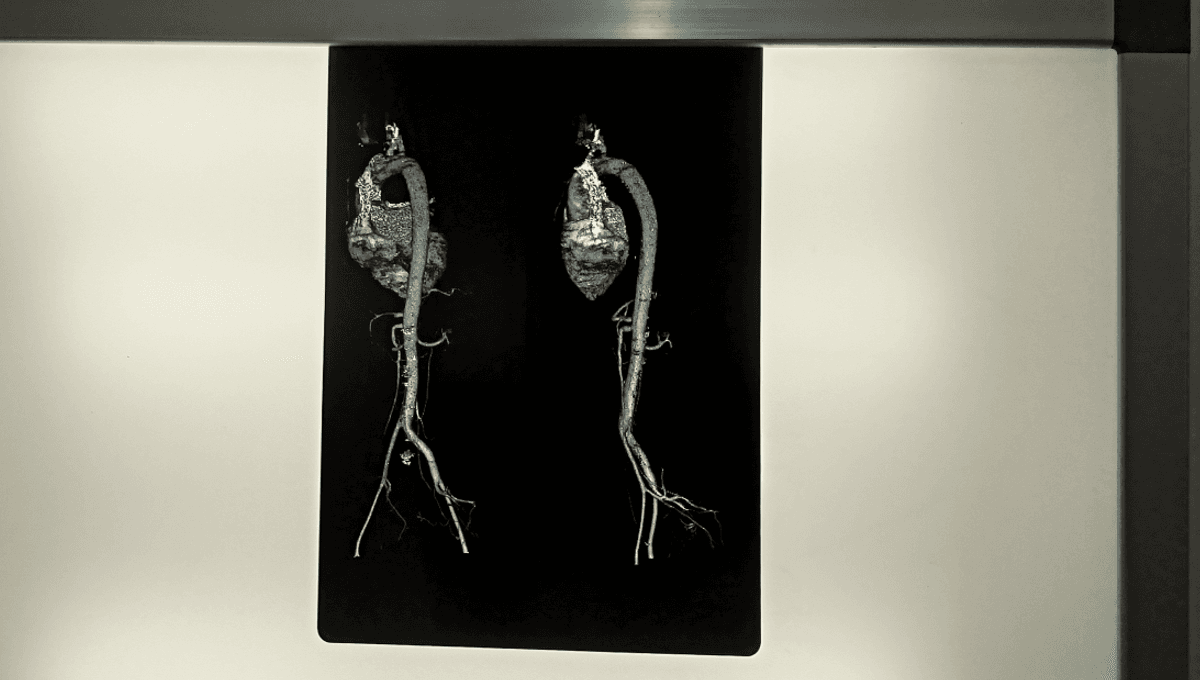
Today is the oldest you’ve ever been, and the youngest you’ll ever be. That’s just the way it is, but did you know that not all of you is aging at the same rate? New research has shown that, in fact, some of our organs age much faster than others, opening new frontiers for understanding, tracking, and potentially intervening the effects of aging in humans.
The groundbreaking study wanted to create a kind of map of aging that considered the body in its constituent parts rather than looking at it as one singular, maturing unit. It was the first study of its kind to conduct such a comprehensive investigation of isolated organ systems in the context of protein markers for aging, and looking at how those markers changed over a period of 50 years.
In doing so, it charted what the authors call a “proteomic blueprint of aging across human tissues” that addresses how proteins in our body change as we get older. It identified that aging seemed to really kick off at 50 years of age, after which there were marked changes in protein levels. The results also suggest a mechanism to explain what triggers systemic aging at around age 30, and that one organ in the body gets old much earlier than the rest of us.
A fun discovery: blood vessels aren’t just pipes – they’re among the first organs to grow old and turn into ‘radio towers’.
Professor Guang-Hui Liu
“Among all organs, the aorta exhibited the most pronounced and continuous proteomic fluctuations across the lifespan,” wrote the authors. “At age 30, the overall proportion of [differentially expressed proteins] remained low in most tissues, except for the aorta, spleen, and adrenal gland, with the adrenal gland showing more significant protein expression changes. This suggests that alterations in endocrine homeostasis may be one of the initiating events of systemic aging.”
Yes, it seems when it comes to growing up, our aorta is doing it much faster than any other organ in the body (and yes, the aorta is an organ). What’s even more interesting still is how it spreads the word to the rest of the body that it ain’t what it used to be.
“A fun discovery: blood vessels aren’t just pipes – they’re among the first organs to grow old and turn into ‘radio towers’,” said study author Professor Guang-Hui Liu from the University of Chinese Academy of Sciences to IFLScience. “From there, they broadcast proteins like GAS6 that speed up aging in many other organs. These same proteins can both warn us that aging is picking up and serve as targets to slow it down.”
This study reframes aging research.
Professor Guang-Hui Liu
It seems that our aorta is effectively the earliest sensor and broadcaster of aging, sending out signals via secreted proteins. This understanding has the potential to revolutionize how we think about aging, giving us organ-specific targets to research and perhaps intervene if we don’t feel like biologically acting our age.
“This study reframes aging research: rather than organs in isolation, it examines how they communicate via blood-borne factors,” said Liu. “Pinpointing organs that age fastest could let us neutralize the “aging proteins” they secrete and slow systemic decline, ultimately cutting chronic-disease risk.”
The study is published in the journal Cell.
Source Link: Your Organs Don’t All Age At The Same Rate. One Is Growing Old Much Quicker Than Others